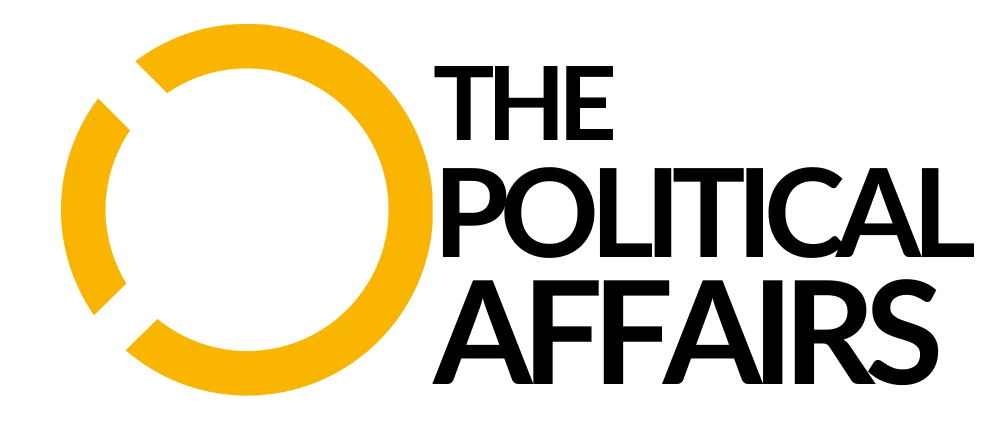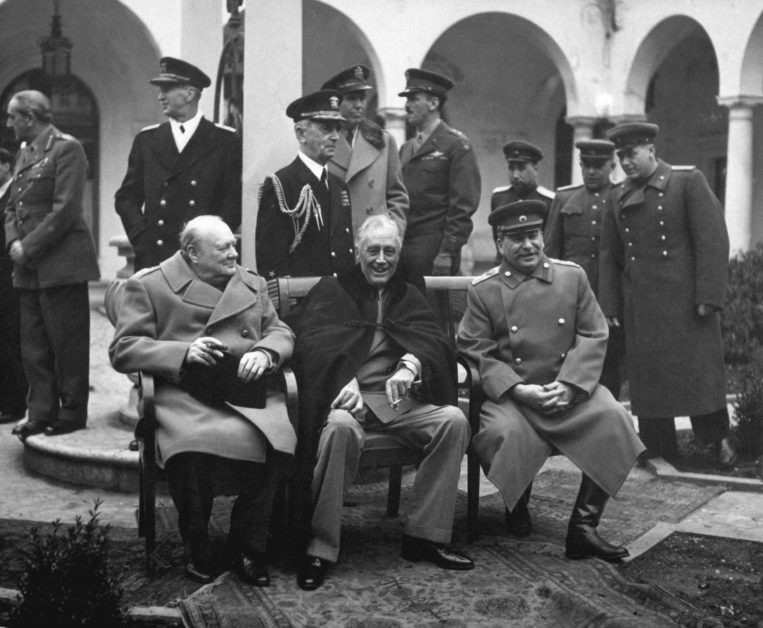Realism is the oldest theory which deals with international relations and international politics. The primary starting point for all realists is that world politics is taking place in international anarchy or in a system where there is no supreme authority or world government.
The leading players in international relations are the countries that act as separate entities in the anarchic system fighting for their national interests.
Furthermore, each country does not have equal capacity to impose its interests, and therefore the most important players and those who make global change are the great powers. Relations between them are mainly seen as a struggle for survival and domination.
Thus, realists are skeptical when it comes to international cooperation claiming that national interests will always take precedence over international organizations and treaties. In such a system, the states try to achieve their highest goal, which is safety and survival guided by the policy of self-help.
What is the difference between classical realism and neo-realism?
Classical realists for the relations in international politics are taking a normative stance where the main culprit for the power relations and the struggle for interests between states is the selfish nature of man and the conflicts that arise from it.
The classical realism inserts behavioral component in the procedures undertaken by the states. Man is always looking for power; therefore each state also is looking for power.
In the late twentieth century started the development of a new modern school called neo-realism. This theory rejects the normative version of the classic realism and takes a scientific approach in explaining international politics.
Neo-realism primary emphasis is on the system’s structure and interaction of the states in it. The distribution of power between them determines the interaction between countries, while the structure remains chaotic. Anarchic structure, more or less, determines the actions of the great powers.
The main concern of the great powers is the balance of power because they are the only subjects in the system that can change the status quo in international politics. This is why neo-realists are afraid of looking with confidence to the activities of other major powers.
Mearsheimer’s assumptions why states are looking for power
John Mearsheimer gives five assumptions on why states are always looking for power.
- The first assumption is that they operate in a chaotic structure which doesn’t mean total chaos and confusion but simply no supremacy over the states.
- The second assumption is that each of them possesses offensive capabilities that can cause them to harm each other.
- The third assumption is that you can never know the intentions of other states and whether any of them will want to change the balance of power.
- The fourth assumption is survival because the priority of each country is to preserve its territorial integrity.
- The fifth assumption is that they are rational actors with their strategies that aim to ensure the survival of their countries.
Theory of realism represents the oldest and first IR theory which tries to describe the relations between the states using all of the previously described postulates. From the beginning of IR theory, it has remained the biggest, and one of the most influential theories used to describe the field.
The full text of this article was first written in 2015 in Academic Essay: “The foreign policy of US and the Ukrainian crisis”, University “St. Cyril and Methodius”, Law School Iustinianus Primus- Skopje

